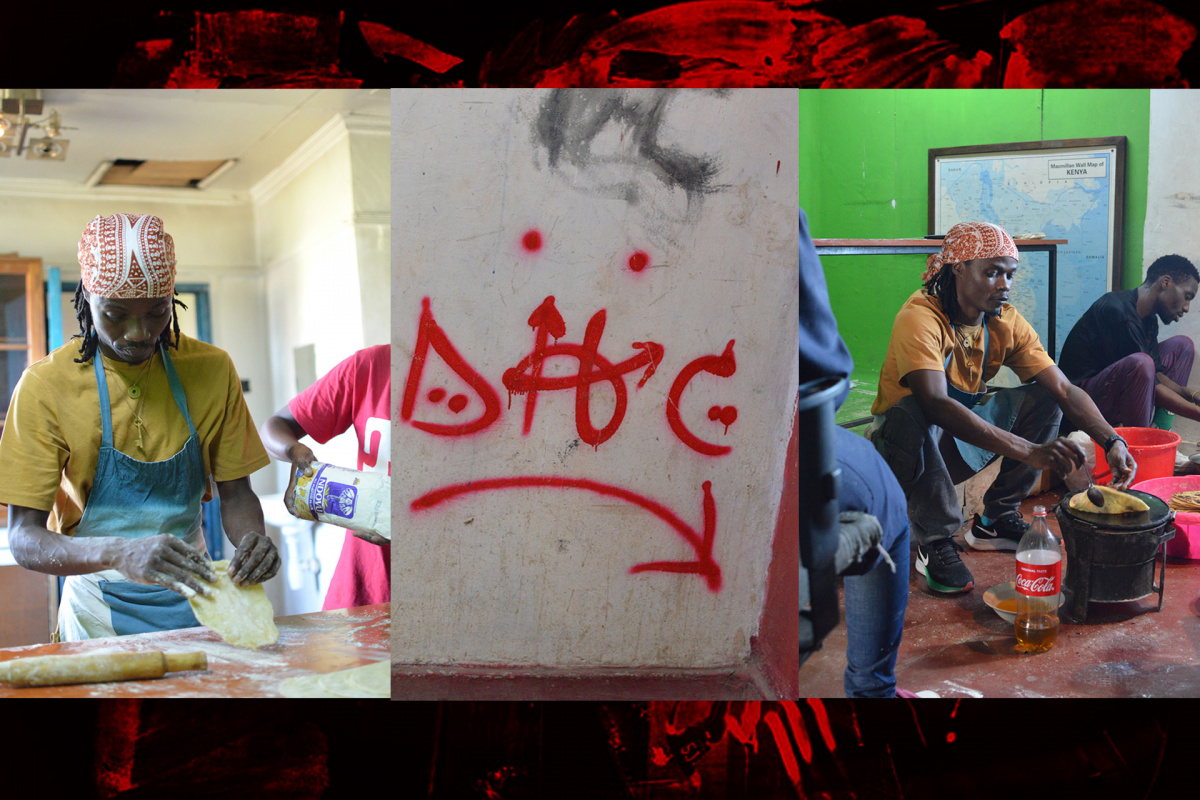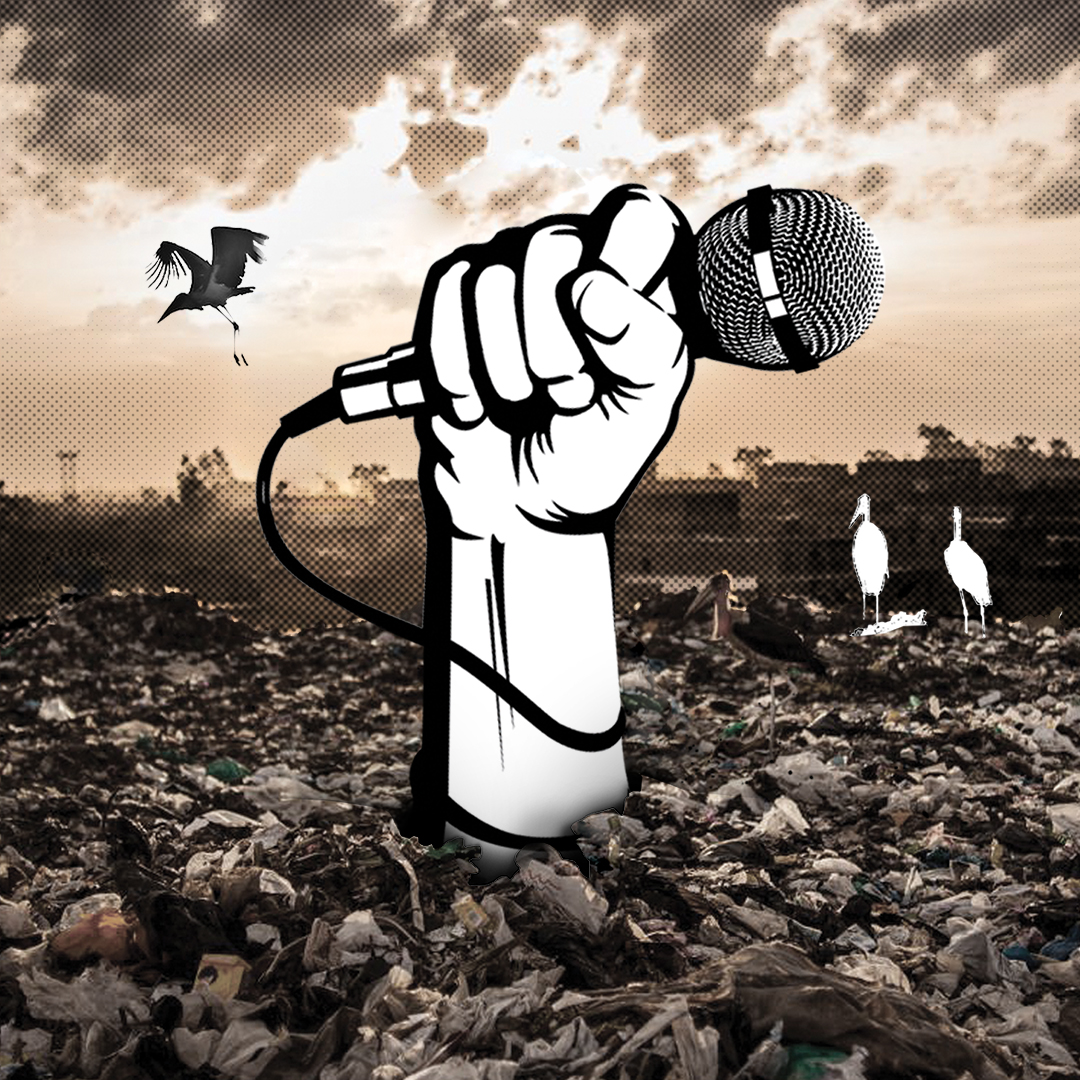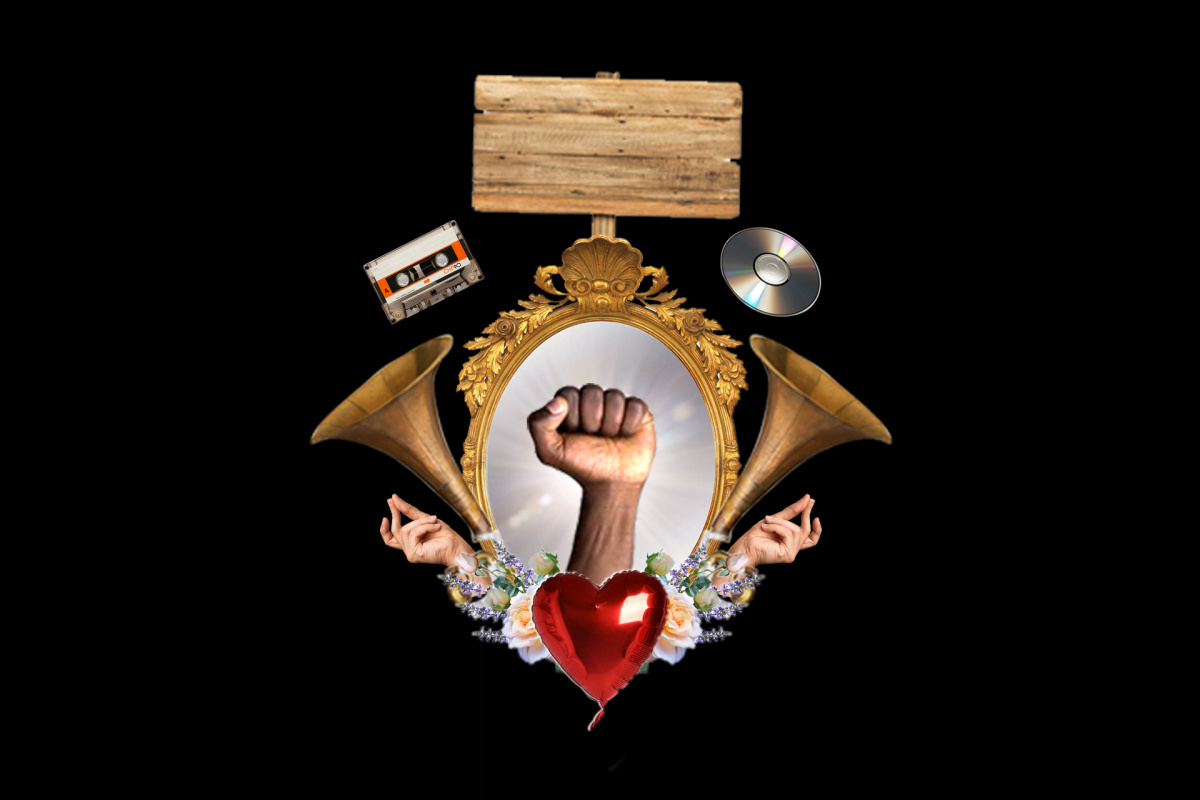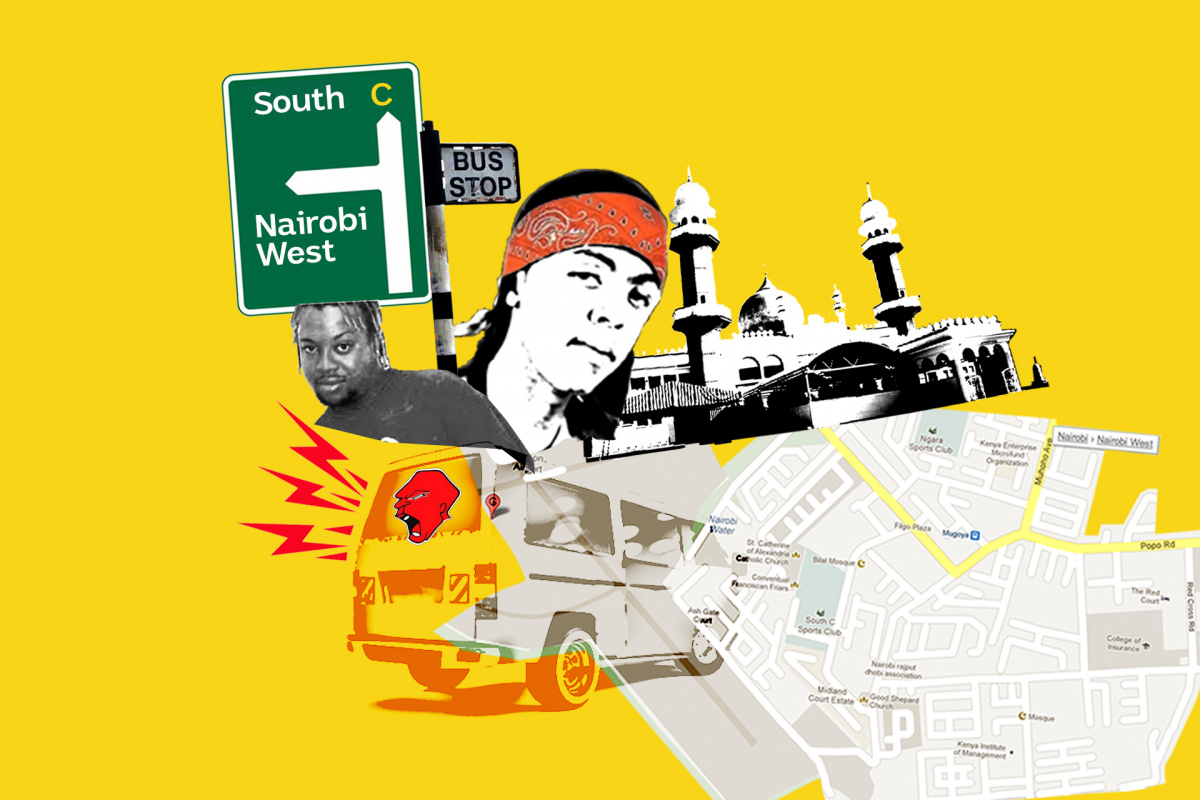
Chapatis at Hip Hop City
Kenyan conscious rapper Juliani is a musician with a mission. Dandora HipHop City, the community center he started in the dark shadow of Nairobi’s largest dumpsite in the heart of Eastlands, the city’s poorest district, is a safe space for local youth and a testament to his faith in the power of music for social impact.
The Dandora dump is no picnic site. The name already gives it away. In another world, it is the perfect scenic spot, right where the lively Mathare river joins its larger cousin the Nairobi, the two gurgling on towards the plateaus and plains and the ocean of their dreams over the blue yonder. Nope. In our world, it is the place where the rest of the city dumps its garbage, an estimated 2,000 tons of horrible stuff every day. The hills of rubbish form the horizons, the inescapable stench chokes the identity and experience of the entire neighborhood.
December 30 finds us, Kamwangi (my fellow curator and producer for this feature) and I, at the very spot, which is where Dandora HipHop City is located. DHC is a community center under the leadership of hip hop artist Juliani, a key figure in Mau Mau Camp, the legendary collective born and developed around here between the 1980s and the early 2000s that is credited with starting Kiswahili rap and laying the foundations for nearly all contemporary Nairobi since, no mean feat. The center itself is a modest three-floor building in a small compound, the last building on a grassy slope stopping on the banks of the river.
Early afternoon. We’re here for lunch. Three floors up, a large open room serves as today’s kitchen. Amid the bustle, the instantly recognizable star rolls another chapati, hands rolled up, dusted with flour. Karibuni, food will be ready in an hour or so, he smiles. Enough time to join the party. It’s the DHC end-of-year celebration, an open invitation to all the neighborhood.
Future Emcees
Outside, an endless line-up of emcees pass the microphone around in an unbroken relay of freestyles to beats served by the resident DJ at the center’s studio. Kids shouting along and dancing or running about, some mere toddlers accompanied by older siblings. Everyone’s having a good time. I can’t help wondering if some of these children might grow up to be like Juliani or the other illustrious artists to come out of Dandora and greater Eastlands, and I really want to hope they’ll have more to sing about than the poverty. DHC is about hope, or why even bother trying? The murky rivers shimmer thickly out beyond the fence. Vegetable patches peek between the reeds and marshes of the far banks. I take a few pictures for Instagram. There is still something nice about that spot, garbage notwithstanding.
Later, the food is delicious, chapati, chicken, rice. It feels special. We say goodbye to our hosts, there seems to be enough for everyone as we head out before it gets dark, taking our packed food with us. It’s been a good day. Exiting Dandora, we can’t help but notice the road leading up to the dumpsite is named after the current Kenya head of state.
Juliani performing at the Dandora dumpsite as part of the Festival to Fight Inequality 2021 – an international online event by the Fight Inequality Alliance.
Bigger than Hip Hop
Dandora HipHop City is not a one man show, and there is a diverse cast of partners and supporters keeping the place going. The place is used by kids learning and developing in music and the arts, providing a recording studio and training/rehearsal space in a place that is lacking in any social facilities of the kind. And it’s not only about hip hop or music either – young people from the area receive mentorship and support for education and entrepreneurship too.
When interviewing Juliani some weeks before, something struck me about him, and it comes across again today. A mix of determination and faith shines in his eyes. At the community center, as the fledgling rappers spit their bars while we wait for our chapatis, you want to believe that hope can be salvaged, lives can be reclaimed in this unlikely part of town, inspired by a musician with a mission he believes in.
This article is part of the virtual exhibition «Norient City Sounds: Nairobi» curated and edited by Raphael Kariuki and Kamwangi Njue. This text is one of three about three broadly defined Nairobi districts significant in the story of its music.
Biography
Shop

Published on May 06, 2022
Last updated on June 08, 2022
Topics
Why do people in Karachi yell rather than talk and how does the sound of Dakar or Luanda affect music production?
From Bangladeshi electronica to global «black midi» micro scenes.
From Korean visual kei to Brazilian rasterinha, or the dangers of suddenly rising to fame at a young age.
Special
Snap


